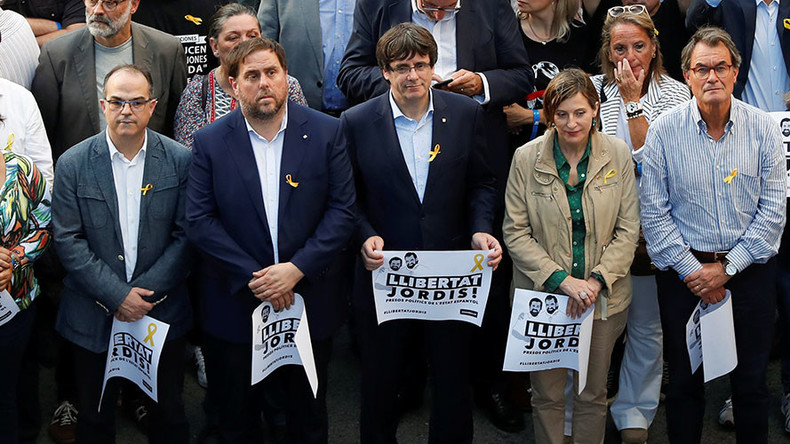The Spanish government is currently in the midst of dealing with the secession of one of its most profitable communities: Catalonia. Catalonia began its independence movement in 2014 after holding an unofficial vote for independence, which was backed by 80 percent of the population. In 2015, the movement for independence was propelled further when the independence separatist party won the Catalonian election; the party then held a referendum rejecting the Spanish Constitution in an effort to further the efforts of creating an independent nation. According to Fox News, the push for independence is due to a combination of factors, including Catalonia’s different cultural identity and a lack of support given to the community by the Spanish government.
On October 1, 2017, Catalonia voted for a full succession from Spain. The vote to secede was ruled illegal by the Spanish courts three days later, minutes before independence for Catalonia was declared. The Spanish government is in great opposition to the independence movement. They recently enacted Article 155 from the current Spanish constitution, which eliminates the political autonomy given to the community of Catalonia.
In addition, the government has since taken complete political control of the community. The reason for the strong opposition to succession on the part of the Spanish government is tied to economic reasons; according to CNN, about a fifth of Spain’s economy and around a quarter of the country’s total exports originate in Catalonia.
If Catalonia was to secede from Spain, it would put Spain in a difficult position financially. In addition to being their chief exporter, Catalonia is also home to one of their most popular cities, Barcelona. Furthermore, Catalonia has been a center for business with corporations such as Volkswagen and Nissan, both of which use Barcelona as their main base for Spain. Moreover, if Catalonia gains independence from Spain, they may refuse to help pay for the Spanish national debt, which would hurt the financial situation in Spain even further.
Consequently, the Spanish government has begun to push back. Within the last week, the Spanish government has issued warrants for the arrest of 13 Catalonian government officials as well as for the President of the Catalonian Government, Carles Puigdemont. The government has allegedly detained eight ministers without bail, while a ninth official is being held under $50,000 euro bail, which is equivalent to $58,000 US dollars.
According to the BBC, the three ministers who have avoided detention are seeking solace in the Belgian capital, Brussels. Although the officials have turned themselves in to the Belgian government, they refuse to return to Spain unless guaranteed a fair trial. Other European countries, including France and Italy, however, have backed Spain in refusing to acknowledge Catalonian independence. The condemnation of independence for Catalonia is also present in the European Union, as they have declared their support for Spain’s issuance of the warrants.
The detention and warrants issued for the 13 ministers as well as President Puigdemont have created greater unrest among the people of Catalonia, leading to street riots and protests in different cities.
The entirety of the European Union, as well as the rest of the world, is now waiting with bated breath to see how the plea for Catalonian independence will play out.



